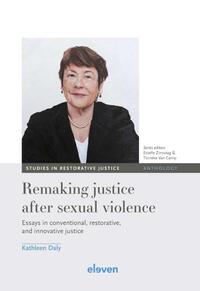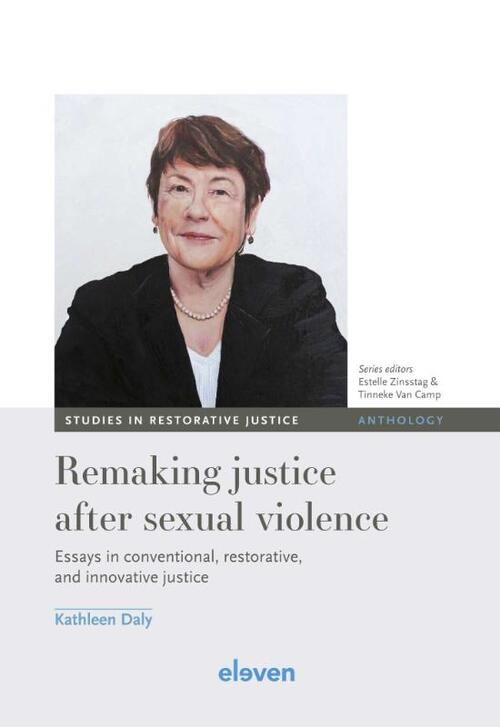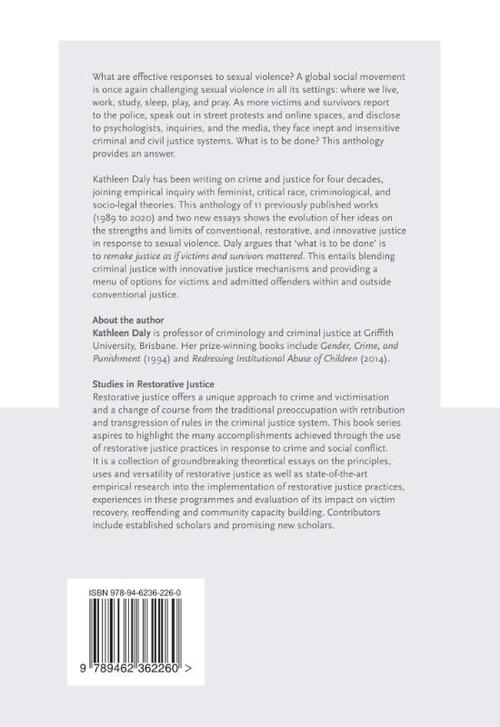84.95
This anthology shows the evolution of Kathleen Daly's ideas on the strengths and limits of conventional, restorative, and innovative justice in response to sexual violence.
What are effective responses to sexual violence? A global social movement is once again challenging sexual violence in all its settings: where we live, work, study, sleep, play, and pray. As more victims and survivors report to the police, speak out in street protests and online spaces, and disclose to psychologists, inquiries, and the media, they face inept and insensitive criminal and civil justice systems. What is to be done? This anthology provides an answer. Kathleen Daly has been writing on crime and justice for four decades, joining empirical inquiry with feminist, critical race, criminological, and socio-legal theories. This anthology of 11 previously published works (1989 to 2020) and two new essays shows the evolution of her ideas on the strengths and limits of conventional, restorative, and innovative justice in response to sexual violence. Daly argues that ‘what is to be done’ is to remake justice as if victims and survivors mattered. This entails blending criminal justice with innovative justice mechanisms and providing a menu of options for victims and admitted offenders within and outside conventional justice. Studies in Restorative Justice Restorative justice offers a unique approach to crime and victimisation and a change of course from the traditional preoccupation with retribution and transgression of rules in the criminal justice system. This book series aspires to highlight the many accomplishments achieved through the use of restorative justice practices in response to crime and social conflict. It is a collection of groundbreaking theoretical essays on the principles, uses and versatility of restorative justice as well as state-of-the-art empirical research into the implementation of restorative justice practices, experiences in these programmes and evaluation of its impact on victim recovery, reoffending and community capacity building. Contributors include established scholars and promising new scholars.

- : Kathleen Daly
- : Boom Uitgevers Den Haag
- : 9789462362260
- : Engels
- : Paperback
- : 383
- : maart 2022
- : 781
- : 246 x 171 x 31 mm.
- : Studies in Restorative Justice
- : Strafrechtwetgeving

